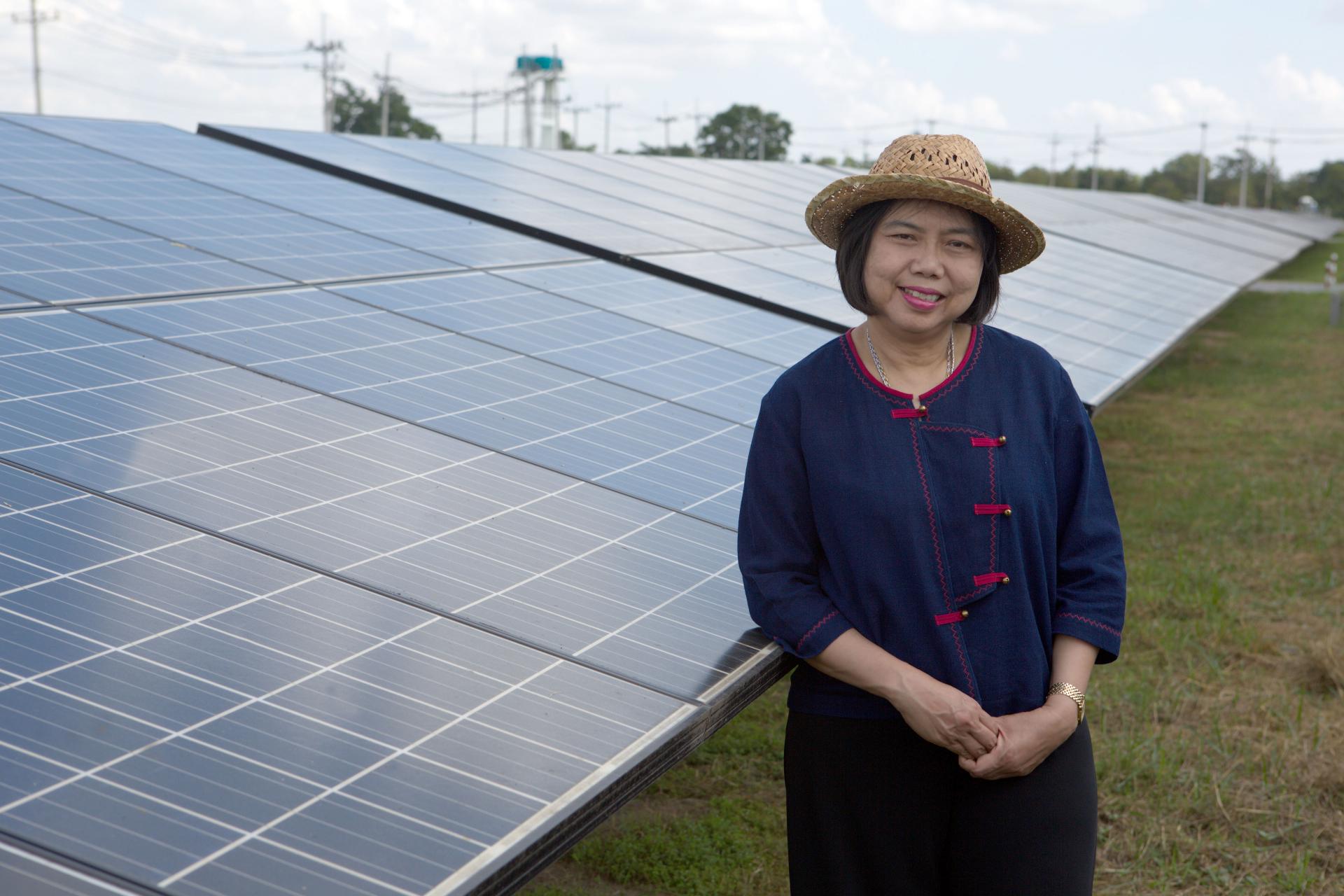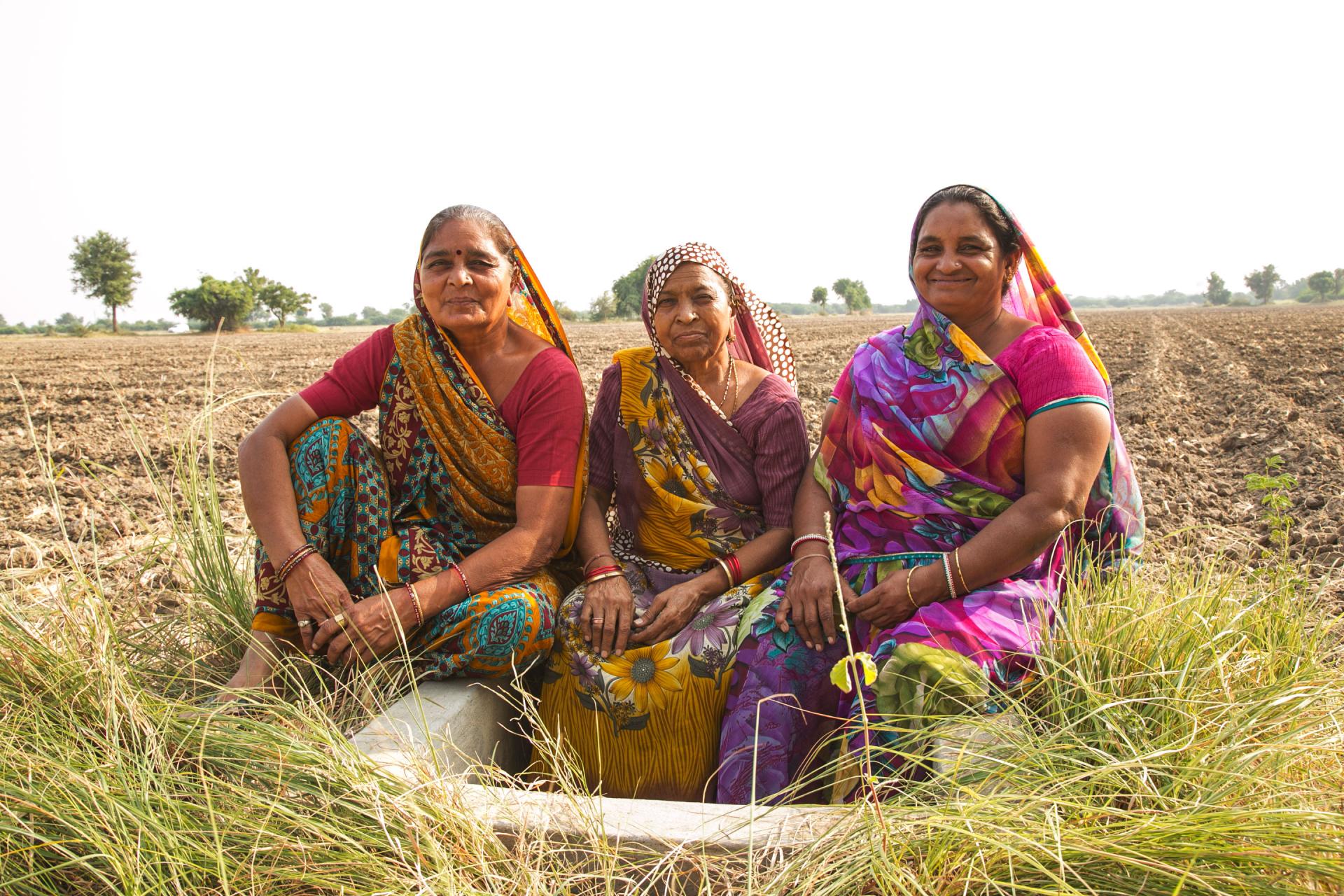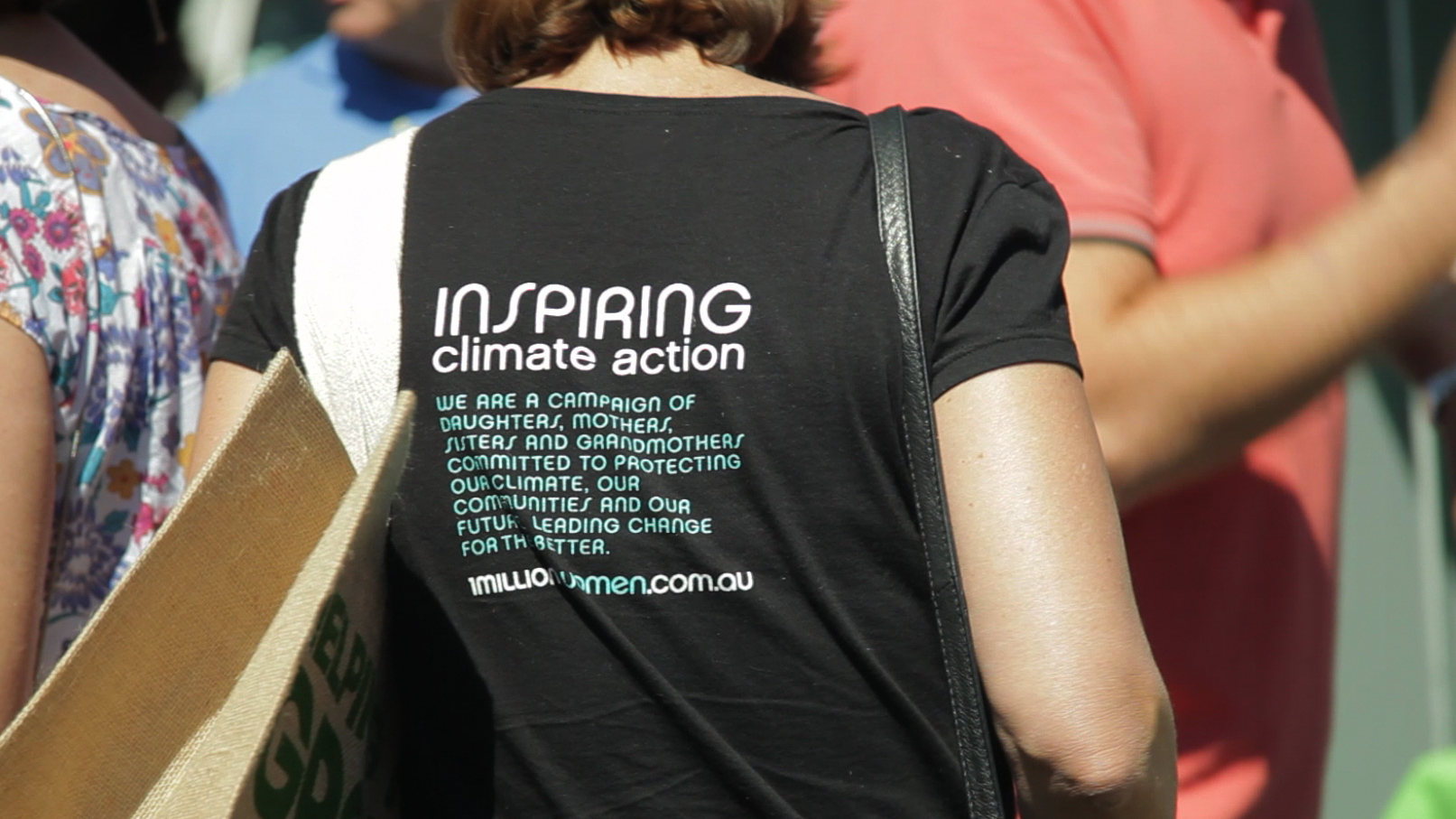This week is Asia-Pacific Regional Climate Week and to celebrate, we are featuring five climate solutions, which are all former UN Global Climate Action Award winners.
Solar Power Company Group (Thailand)
Run by a Thai woman, Wandee Khunchornyakong, Solar Power Company Group is the largest solar power generation company in Thailand. In 2008, when the company was founded, Thailand’s annual solar power generation totalled less than 2 MW of installed capacity. The company has expanded rapidly since then both in Thailand and Japan and aims to have a solar power generation capacity of 1,000 MW by 2025. Solar Power Company Group also provides clean energy jobs for local women and is helping put Thailand on a low-carbon growth path as the same time as it is reducing the country’s reliance on imported energy, and is driving economic growth in some of the most impoverished regions of the country.
What has this got to do with climate action?
The transition to clean energy is a central part of the battle against climate change and by increasing access to renewable energy we reduce our dependence on fossil fuels.
UN Global Climate Action Award Winner: 2017

Bhungroo (India)
Flooding is a huge issue in parts of India, where waterlogging affects 12 states, encompassing 7 per cent of the total national land mass. At least 1.9 million marginal and small landholding farming families are deprived of food security and a sustainable livelihood. Bhungroo is a water management system that injects and stores excess rainfall underground and extracts it back from the ground for use in dry spells. Bhungroo can be used to manage underground reservoirs holding as much as 40 million litres of rain water. It can harvest water for about 10 days per year and can supply water for as long as seven months. Naireeta Services, a social enterprise, trains and empowers women to run and monitor Bhungroo. Groups of five ultra-poor women farmers are given the Bhungroo technology by Naireeta Services, which provides them with an income from their crops. By curtailing desertification, the initiative helps women build resilience to climate change. Each Bhungroo unit improves land fertility for five families and guarantees cropping for two seasons over the next 30 years. The program provides multiple benefits: it helps free women from debt, attain land ownership, and participate in local governance as a result of their expertise and influence in agriculture and water.
What has this got to do with climate action?
This is an climate adaptation project, whereby unavoidable flooding is used to benefit other areas suffering from a lack of water, hence adapting to climate change and its effects on agriculture and food security.
UN Global Climate Action Award Winner: 2017

Global Himalayan Expedition (India)
Global Himalayan Expedition (GHE) is a travel company that conducts ‘Impact Expeditions’ to remote Himalayan villages and uses a portion of the expedition fee to fund the capital cost of the hardware, transportation, installation and training of village-scale solar micro-grids. The micro-grid infrastructure set up by GHE is owned and operated by the community. Travelers from across the world sign up for these expeditions where they not only get to experience an authentic culture and the remoteness of the Himalayas, but are able to leave behind a tangible positive contribution to the communities by setting up solar grids. The financing of the Solar Grids is done by the travellers as part of the expedition costs. The Hindu Kush region is one of the most spectacular – and remote – parts of Asia, and more than 80 per cent of the 240 million people living there do not have access to electricity or modern cooking methods, which is why projects like GHE’s are so important.
So far, GHE has solar electrified more than 131 villages across India, directly improving the lives of more than 60,000 villagers. The GHE tours have generated more than $114,000 in income for the villages, representing a 45 per cent increase in annual household income.
What has this got to do with climate action?
Communities without access to modern cooking facilities and electricity end up burning firewood, rice husks and manure, which as well as producing carbon emissions, are a public health hazard.
UN Global Climate Action Award Winner: 2017

Infosys (India)
Infosys, one of the largest information technology companies in the world, made a commitment to go carbon neutral by 2020 back in 2011, and achieved that goal last year. Over the past years, the company has reduced its per capita electricity consumption by over 55 percent with the ambition to transition to fully renewable energy. It is the first Indian signatory to the RE100 global campaign. Infosys has also successfully developed a portfolio of community-based carbon offset projects, including rural solar electrification and clean cooking projects. The projects not only address climate change, but also benefit over 100,000 rural families.
What has this got to do with climate action?
It is vital that companies take real, ongoing climate action in order to reduce emissions.
UN Global Climate Action Award Winner: 2019

1 Million Women (Australia)
The Australian organization 1 Million Women has a simple goal with a big impact: get one million women to pledge to take small steps in their daily lives that save energy, reduce waste, cut pollution and lead change. Built out of the idea that if one million women – who make most of the household spending decisions – were to make more climate conscious decisions, there could be real, sustainable change. Since it was founded in 2009, 1 Million Women has become Australia’s largest women’s environmental organisation with more than 970,000 members. As 1 Million Women’s founder, Natalie Isaacs said: “How we live each day matters. One small action at a time multiplied by millions and millions changes the system.”
What has this got to do with climate action?
The way we spend money and our everyday decisions have a huge impact on our annual household emissions. Choosing a ‘green’ electricity provider or only purchasing brands that embrace sustainable solutions.
UN Global Climate Action Award Winner: 2013

